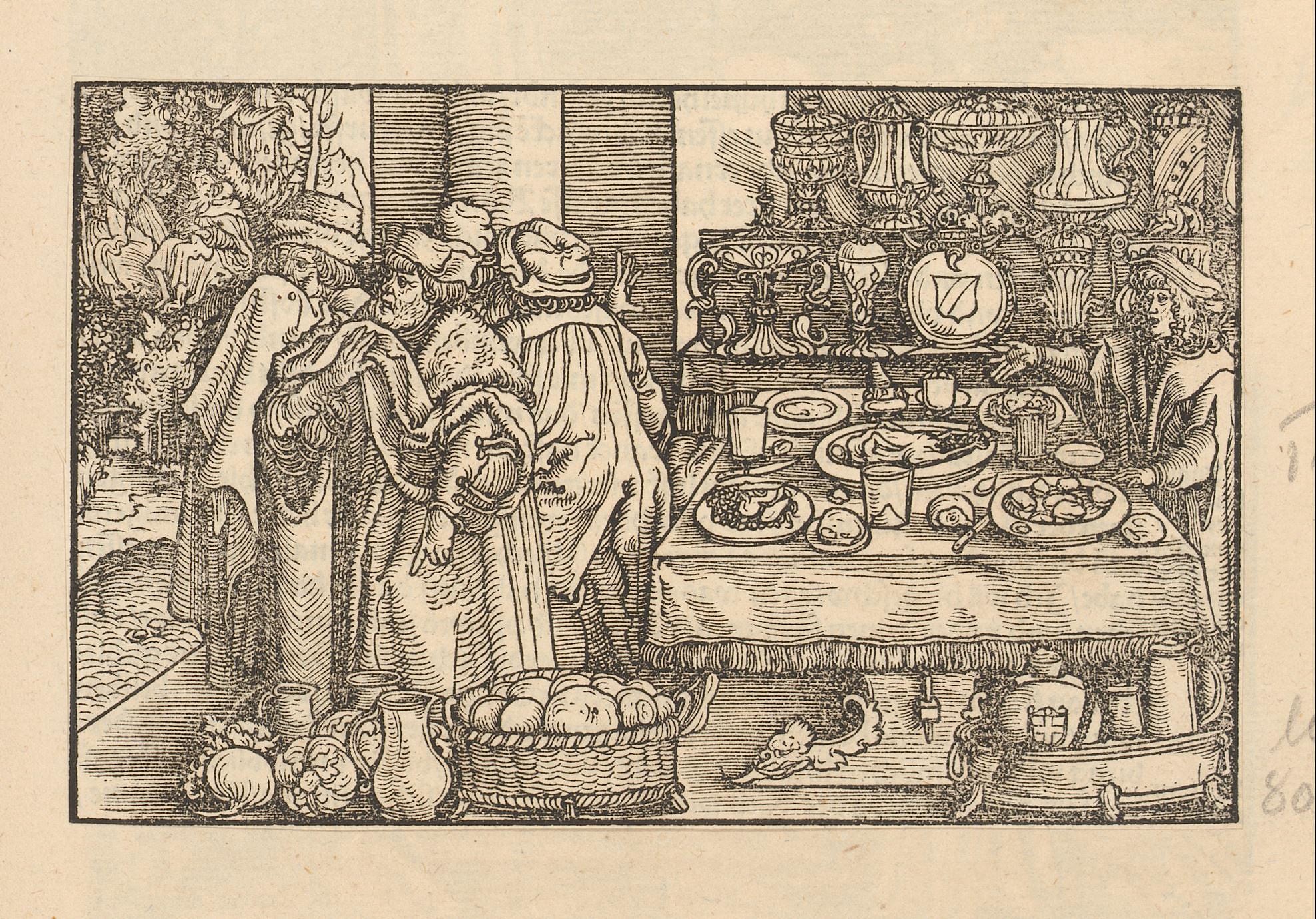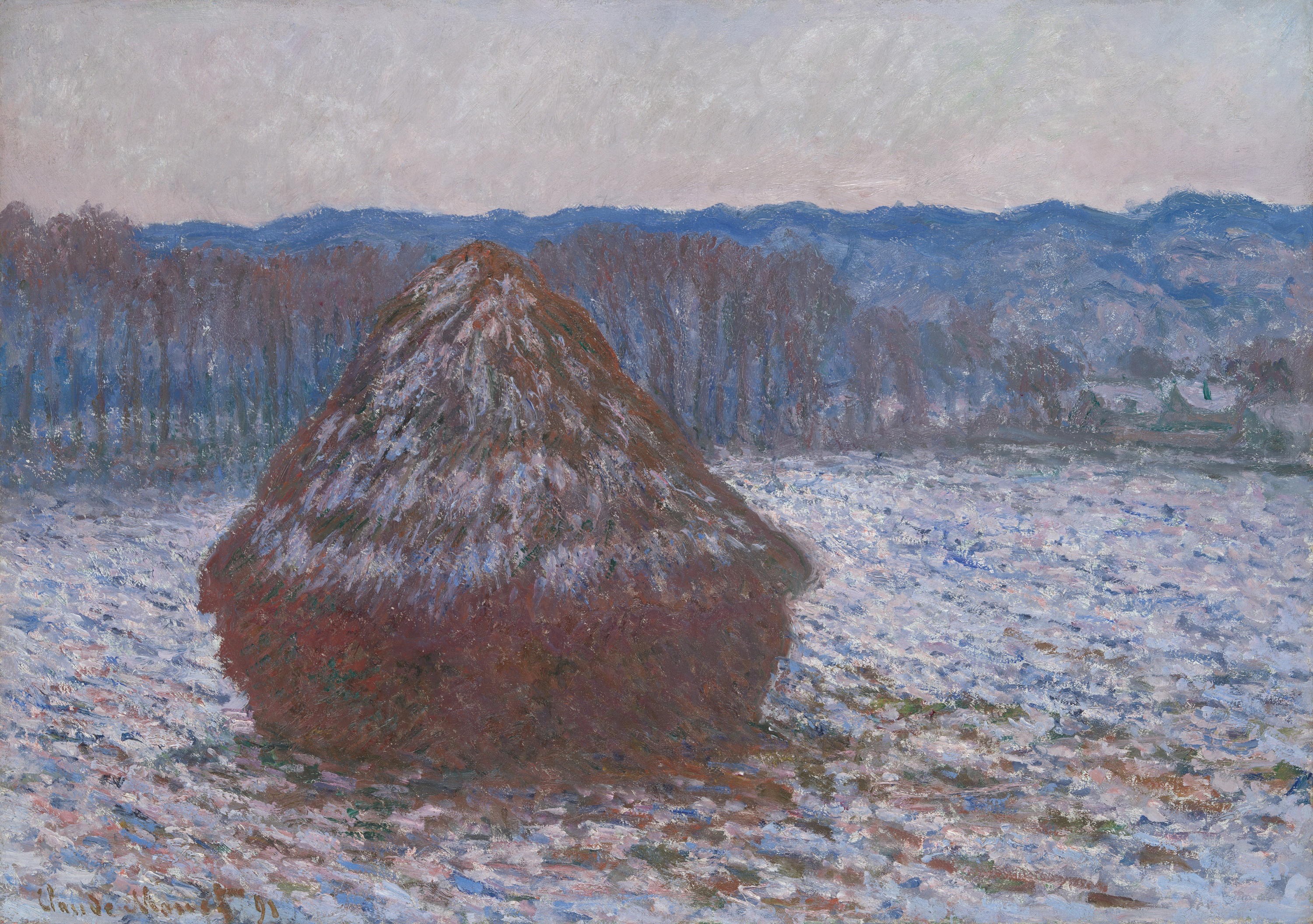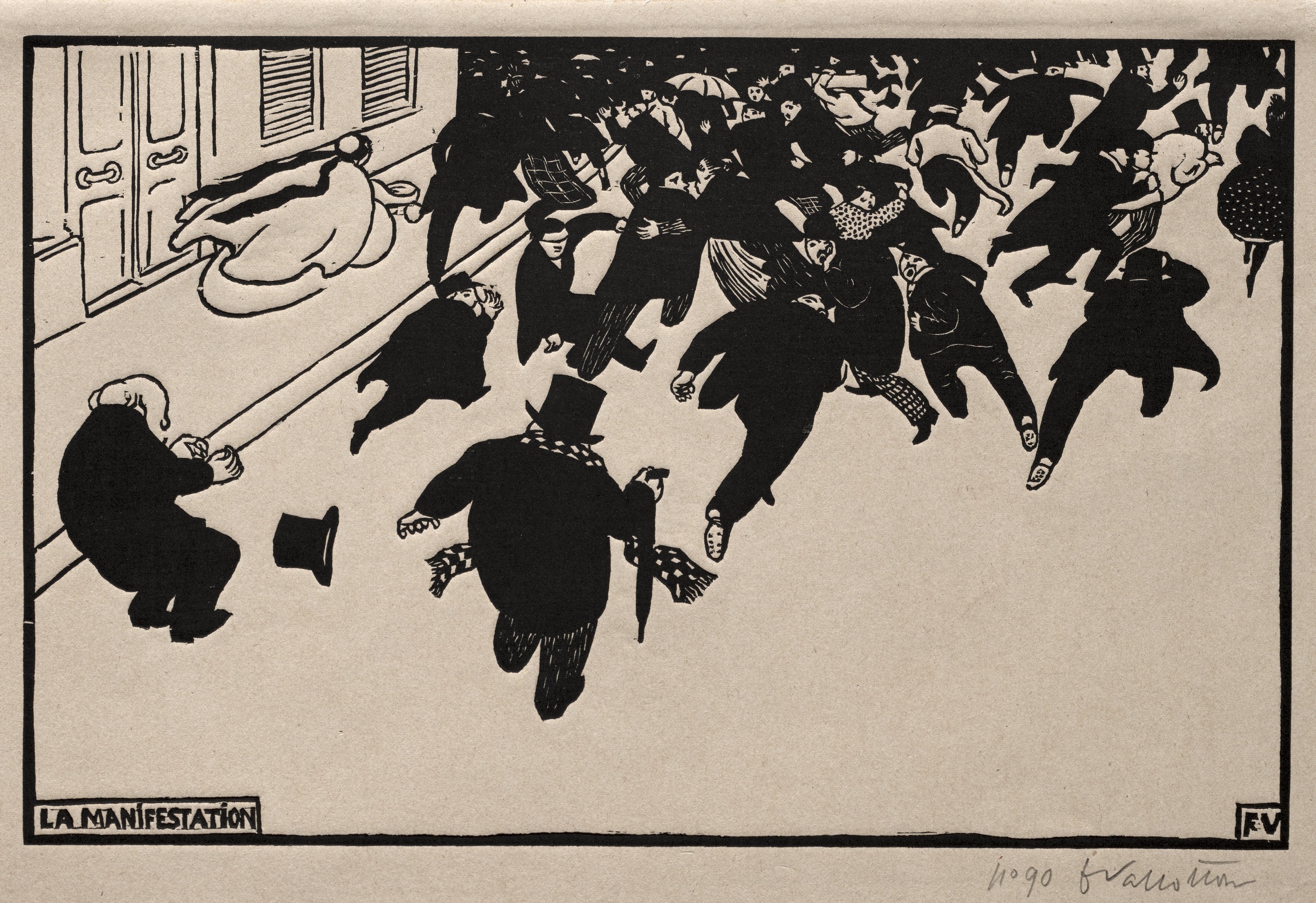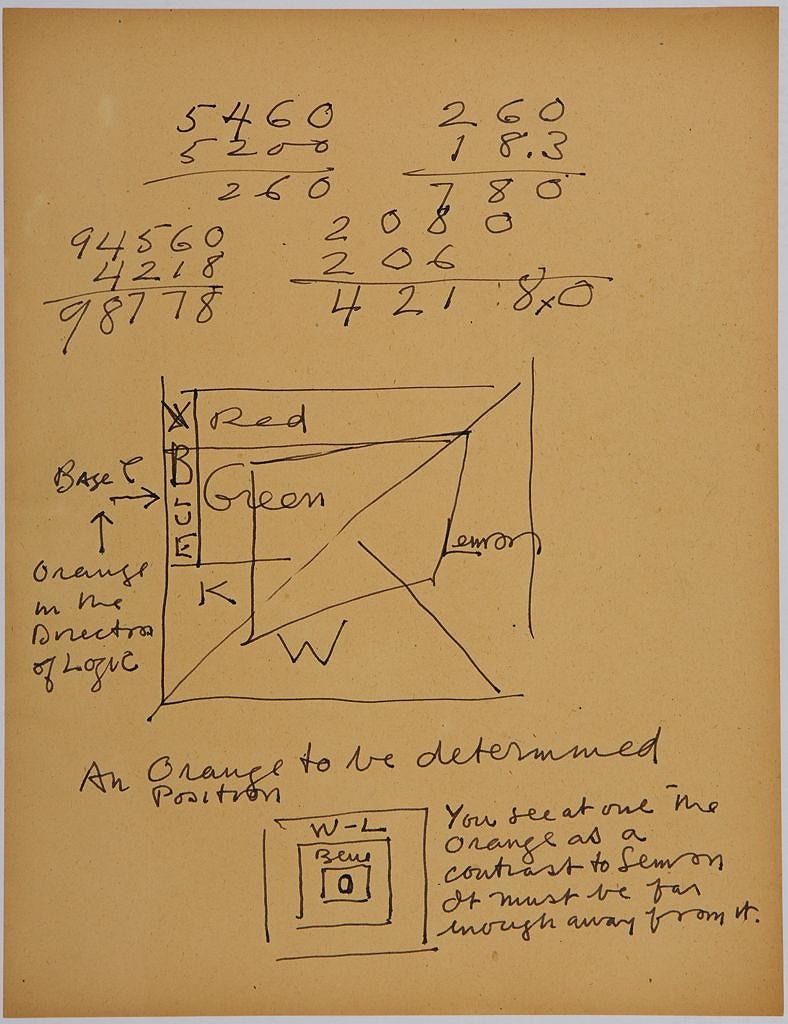SoundCheck

Jacob van der Heyden:
Sound, plate two from The Five Senses
(Not Dated: Artist's working dates 1593–1645)
" … success finally seemed within reasonable reach!"
Sound became the most difficult element of my effort to prepare for my house concert. I'd managed to dredge up lyrics and mostly even found the voice to sing them, transposing one song into a more workable range, but getting the sound through my microphone and guitar pick-up bedeviled me, increasingly frustrating my efforts. The slow realization that the house concert would need to be in part broadcast only increased processed sound's importance. If it wasn't my microphone troubling me, it was my studio headphones. I swear that I will never grow entirely accustomed to trailing cables behind me. They leave me feeling like a prisoner, restricted to only a scant few feet of movement whenever I'm plugged in.
I was on a Zoom® call with my old friend Franklin yesterday and had decided to plug into my sound board to give it a test with a knowledgable listener on the other end. He's performed a lot via Zoom® and had given me some pointers that had improved my sound, but some mysteries remained. Over the course of the following few minutes, he'd debugged what I now believe to have been the final few bugs remaining in my cranky little system. We ascertained that my guitar pick-up's battery needed replacing and that I had the microphone pointing in the wrong direction. We fiddled with volume controls and mic placement until Franklin declared us successful. Finally, I could hear myself sing and it sounded passable.
I spent the rest of the day in an extended SoundCheck. First step involved changing that battery in my guitar pick-up, a surgery I'd never performed and for which I had no instructions. I knew I'd have to remove the strings. I needed to change them out, anyway, it had been more than a while since I'd indulged myself. I had a fresh set, but not precisely the strings I wanted, so I stopped by Hot Poop®, our local everything music store, and found the set I'd hoped to find. I struggled to determine where the guitar pick-up's battery was located. I didn't have a model number and the manufacturer produced several different models. I couldn't find a YouTube video demonstrating the procedure, so I called what I thought was the shop, in Longmont, Colorado, where I'd purchased the pickup to see if they could tell me, only to find that the store had gone out of business a couple of years ago. The Muse, who has smaller hands, finally figured it out. We went out to buy a replacement battery.
I returned nearly frantic to get on with my SoundCheck, but it was already becoming late-ish for lunch, so I slowed long enough to swallow a tuna sandwich and set the short ribs into a slow oven in preparation for an hours later supper. When on the cusp of any significant breakthrough, it seems that trivial imperatives tend to create barriers to ever getting there. It was mid-afternoon by the time I'd restrung the guitar, retuned it, and finally plugged it back in to hear the finally crisp and clear chords I'd been missing before. I set up a video capture and finally set to work performing, though I swear that it felt more like exuberant play.
Everything before that day suddenly seemed preliminary and primitive. I was finally feeling finishing touches. The voice I'd some days felt was shot was not. The connection between voice and ears had been restricted and had constrained my responses. I found notes I'd thought had long before abandoned me. I could finally see how this performance might actually be, not a disappointment so much as a discovery. I felt as though I, after weeks of struggling, had finally accomplished something. I recorded almost a half hour that first session, almost half of the planned performance, and while I could see room for significant improvement, success finally seemed within reasonable reach! What a freakin' relief!
—————
Going Where I Really Should Be Going ©2022 by David A. Schmaltz - all rights reserved
As my writing week recedes, I can see that the week was focused upon reaching the point it reached, a plotline that must be an accurate and factual representation because it sure wouldn't make believable fiction. So many of my stories take liberties with the facts that I might be accused of a certain carelessness, except that I fuzz facts because I care about telling decent stories. Not all experiences qualify as decent raw material for story-telling. Most seem more fruitfully forgotten. Yet I still believe that even the more mundane experiences probably carry at least the shadow of a lesson, some instruction for the canny observer to see. I fancy myself to be that observer, so when a week delivers decent denouement, I take that as confirmation that my premise was working. Few observations match the feeling of confirming a working premise. It strongly suggests that I'm on a right track or something, going where I really should be going. 
Hans Weiditz (II) (anonymous:)
Mannen bij een proeverij [Men at a Tasting] (1514-32)
I began my writing week by formally declaring my entering the finishing stage of my SetTheory effort, Fining. "I have my fakebook now, and however I set my stage, I will not feel afraid to disclose that I no longer trust my memory in performance. I paint my face with well-practiced authenticity."
Claude Monet: Stack of Wheat (1890/91)
I encountered a late stage Wall in my SetTheory effort, and of course felt as if I needed to invest in handbaskets in ReSettingBackwards. "The naivety necessary to broker a new beginning could not be mustered then for all the tea in China and then some. An unplanned mourning period settles over the effort, which will never be what was originally intended, but must evolve into something different, which, of course, my wounded optimist can only perceive as worse."
Félix Vallotton: The Protest (1893)
I reported on a fatal-feeling compromise common to all problem resolution in ClawingForward. "Anyone who ever achieves anything deeply meaningful with their integrity intact was most likely not paying close enough attention. Some of the interventions necessary to make it across any finish line should properly compromise what you imagined would be necessary before you started. The longer those convictions held, the more difficult sacrifice usually seems."
Friedrich Amerling: The Young Eastern Woman (1838)
I wrote a fine story about the ultimate futility of Justifying. "If one expects to live The Great Mystery, one might reasonably expect to have to feed it with inquiry rather than with any of the false certainties Justifying produces. The cost/benefit analysis of every artistic endeavor, SetTheory concludes, produces only The Null Set, but never zero."
Edward Penfield:
Will You Help the Women of France? (1917)
Printed by W. F. Powers Company Lithographers
published by United States Food Administration
I reported on The Muse's progress recovering from her radiation treatment for her throat cancer in *Seconds, the most popular posting this period. "Not only had I properly disposed of the turkey carcass, but I'd also somehow managed to produce the first supper in at least six weeks where The Muse sought Seconds! We're still praying and waiting, though, for her sweet-tasting taste buds to reawaken."
Antique Christmas Card
from The New York City Public Library's digital collection
I considered a Want To, Need To, But Can't dilemma when wondering what sort of invitation might work for my SetTheory house concert in Invitation. "My usual resolution for these sorts of difficulties tends toward engaging in some Anything But That! behavior. I consider the dilemma as if to confirm that I am, indeed, damned whatever I might choose, to feel certain that I am seeing the world as it is and not just as I might secretly want to have had it become. I might then try to imagine the one resolution I would never, ever, never in a million years seriously consider, then propose that Anything But That! response in the perhaps misguided belief that it might result in a not-damned whatever I did result. Surprisingly, this tactic almost always works! 
Stuart Davis:
Art Theory Text with Color Sequence Diagram (1951)
I finished my writing week describing Sequence. "I'm better off knowing and convincing myself that I've chosen the natural Sequence, the absolutely proper order of performance, rather than dragging any misgivings onto the stage with me. Who's on first? becomes a question of profound importance which I will somehow determine beforehand!"
The future is apparently not impatiently awaiting my arrival. She's hiding, and not in plain sight, either. She seems to appreciate some decent struggling and she's apparently not in the business of dispensing mercy. I am not maturing but discovering reasons to become ever more primitive, less refined as I become more practiced, letting an awful lot go in the belief, largely unsubstantiated, that this might result in a future finally manifesting. Next week's the final full week of my SetTheory Stories. I remain uncertain just how they might end, but they seem increasingly promising. Thanks for traveling along beside me here!


